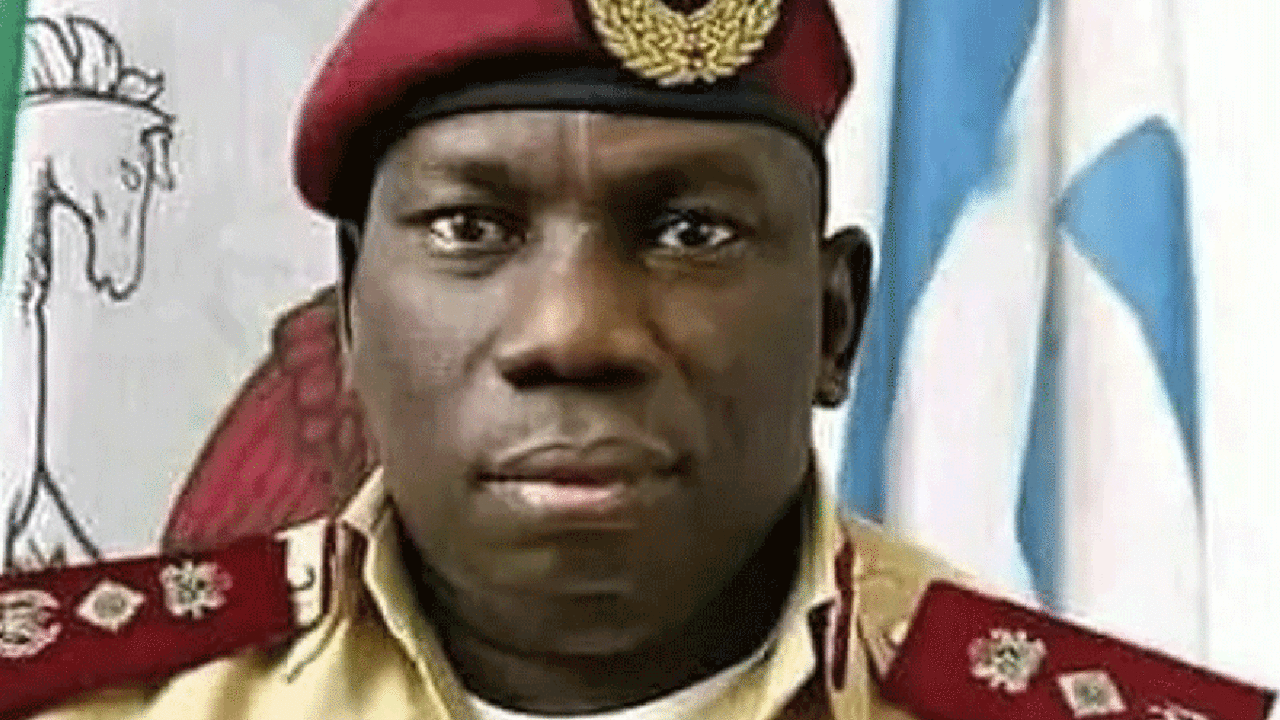The latest as at the time of writing this piece was the death of 15 persons in Bauchi state. And painfully so, it is possible that some other travelers on Nigerian roads may also lost their lives even before this piece is published.
At Nabardo town along Bauchi – Jos road in Toro Local Government Area of Bauchi State, 15 persons lost their lives in a Road traffic Crash (RTC).
Seven other people sustained varying degrees of injuries in the crash that was said to have been caused by speed violation and dangerous driving.
The crash involved two commercial vehicles, a Toyota Hiace Bus with registration number: YLA 984XA belonging to Adamawa Sunshine Transport Corporation which collided with a Howo Trailer with registration number: DKD32 XB belonging to Dangote Company.
According to the Sector Commander, Federal Road Safety Corp (FRSC), Bauchi State, Yusuf Abdullahi,
“there was a crash today, Thursday, February 23, 2023. The incident happened at Nabardo town in Toro Local Government Area of Bauchi State.
“It involved two vehicles belonging to Adamawa Sunshine and a Dangote Trailer. It occurred at 3.30pm, we were informed at 3.45pm and it took our men eight minutes to get to the scene for a rescue operation.
“A total of 22 people, two female adults, 18 male adults, one male child and one female child, were involved in the crash that was caused by speed violation and dangerous driving which led to a loss of control.
“Our men evacuated the victims to Abubakar Tafawa Balewa University Teaching Hospital, Bauchi for medical treatment and confirmation.
“It was when they got there that a medical doctor confirmed 15 people, 12 male adults, one female adult, the male and female children, dead. Six male adults and one female adult sustained various degrees of injuries.”
Even as the figures move north, controversies continue to trail the exact figures as FRSC announces figures that are not in sync with that of the World Bank and World Health Organisation.
This was substantiated recently by the Nigeria Auto Journal published by the Nigeria Auto Journalists Association (February, 2023).
In the story titled, ‘High Road Crashes, Burden of a Nation’, the World Health Organisation puts the number of people killed yearly via road accidents in Nigeria at 41,693, which is 2.82 per cent of the global total.
It reported the World Bank as saying 30,800 deaths are recorded on the Nigerian roads annually.
The report read in part, “Local statistics show a total of 32,617 people died in 65,053 on Nigerian roads from 2016 to 2021, as revealed by Mr. Ayobami Omiyale, a retired assistant corps marshal of the FRSC at a recent retreat by the commission in Lagos.
“Quoting from the FRSC official statistics, he said 5,053 lives were lost in 2016, while 5,121 and 5,181 lives were cut short in 2017 and 2018 respectively. In 2019 and 2020, about 5,483 and 5,574 lives were also lost respectively while 6,205 lives got perished in 2021.
“The National Bureau of Statistics, relying on the FRSC data, revealed that 1,834 people died in 3,345 road accidents in the country between January and March 2022.”
Although the figures from the international groups may be higher than those provided by the FRSC, the latter puts the daily average of road accidents in Nigeria at 36 with high casualties.
Chief Executive Officer, Safety Beyond Borders, Mr Patrick Adenusi, explained that many road accidents recorded in the night, especially in northern Nigeria, are hardly reported.
The FRSC Corps Marshal Dauda Biu attributed a recent Ojuelegba Bridge accident in Lagos to wrongful overtaking and excessive speeding by the truck driver. Nine people including two children died in the crash in which a truck carrying a container fell on a commercial bus.
The FRSC and NBS also listed factors responsible for the road crashes as light/sign violation, dangerous driving and tyre-burst, break failures, route violation and bad roads.
Segun Ogungbemide, Lagos Sector Commander of the FRSC, tries to exonerate the corps from the rising road crashes saying they only have the capacity to address only 16 per cent of the problem. “The one that will give more impact is to keep policies and regulations in place to prevent the crashes from happening,” he stated.
But the report notes that road marshals, vehicle inspection officers (VIOs) and highway police as well as state traffic law enforcers are no longer as effective as they used to be.
Many safety campaigns and strategies by the FRSC to curtail road crashes have either disappeared or played down. Some of them are the installation speed limiter in vehicles; use of seat belt; crash helmet; use of alcolyzer and radar gun to know drunk driver and over-speeding driver respectively.
Analysts also accused the officials of the agency of placing emphasis on gratification and revenue generation at the expense of safety.
Before things started going bad, many road safety enlightenment campaigns and enforcement had been embarked upon by the FRSC and relevant agencies across the country. Some of them are operation use of safety belt, installation of speed limiter in vehicles, use of crash helmet by every motorcycle rider and passenger, compulsory psychiatric test for driving against the traffic (one-way driving), arrest of driver using phone while driving and don’t drink while driving.
The report also mentioned the different strategies and facilities used during enforcement such as alcolyzer and radar gun but regrettably noted that they had all disappeared.













